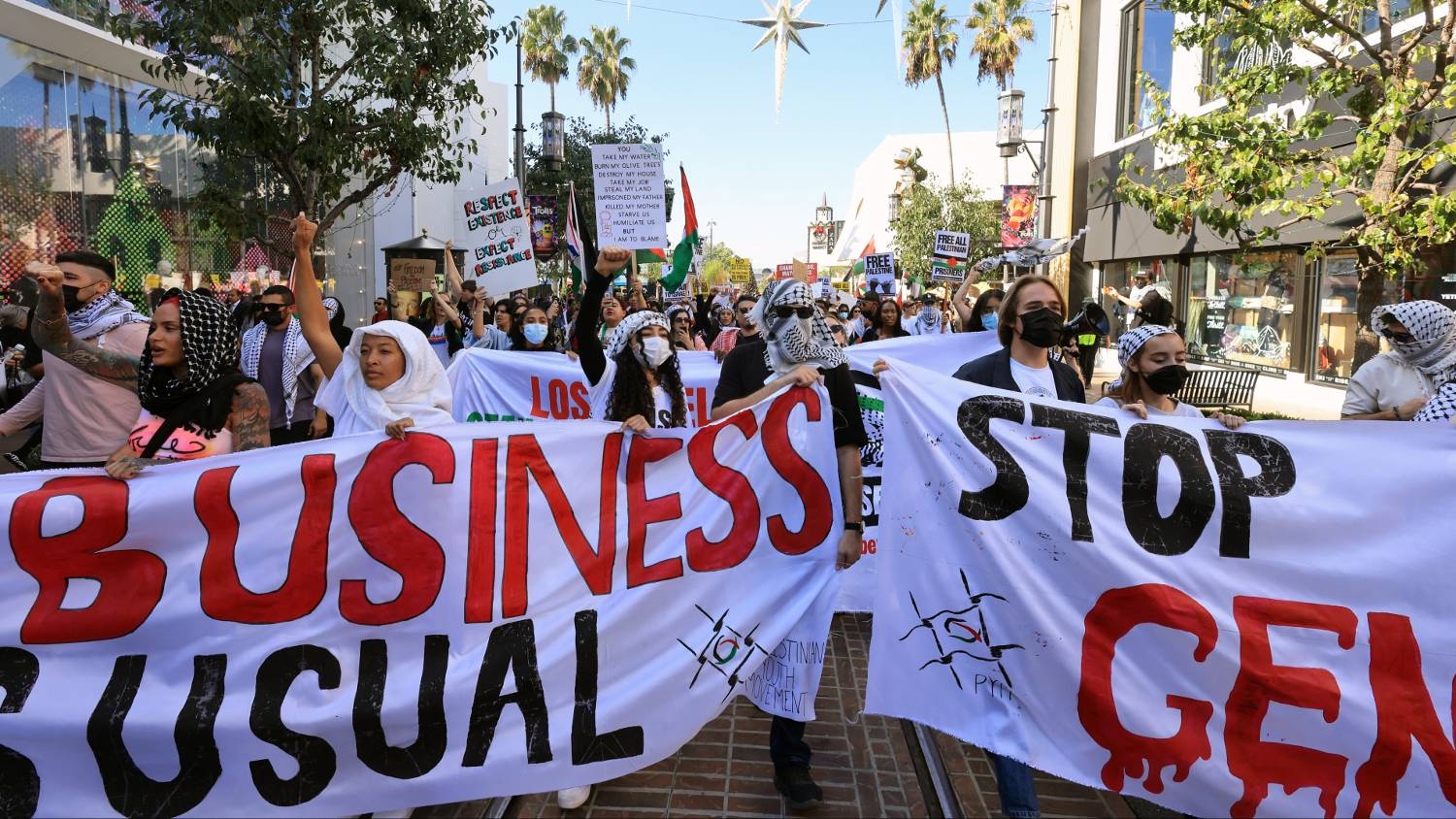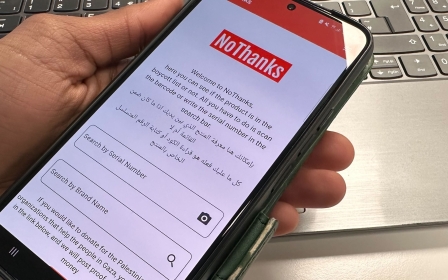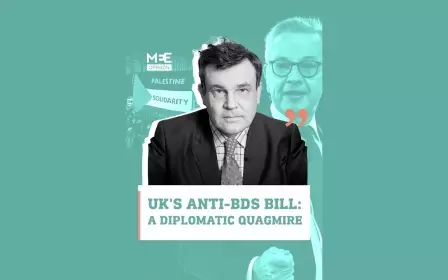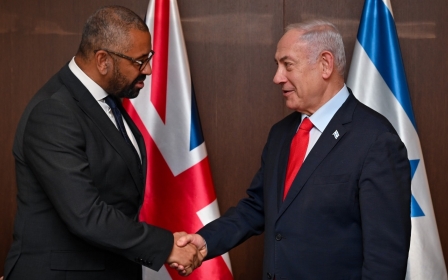US House Foreign Affairs Committee advances expansive anti-boycott legislation

The US House Foreign Affairs Committee has voted to advance a bill that would expand existing anti-boycott laws in the country, amid a surge of pro-Palestine activism in the country over Israel's military assault on Gaza.
The bill, named the IGO Anti-Boycott Act, passed through the Foreign Affairs Committee by a near-unanimous 42-3 vote, sending it to the House floor for a vote on whether to pass the legislation.
The bill expands upon the existing Anti-Boycott Act, legislation that requires US citizens to refuse participation in boycotts organised by foreign governments against countries friendly to the US.
The IGO Anti-Boycott Act states that the legislation should also include boycotts organised by any "international governmental organization".
The advancement of the bill was celebrated by Congressman Mike Lawler, who introduced the measure as a key action against the Boycott, Divestment and Sanctions (BDS) movement which targets Israel.
New MEE newsletter: Jerusalem Dispatch
Sign up to get the latest insights and analysis on Israel-Palestine, alongside Turkey Unpacked and other MEE newsletters
"The IGO Anti-Boycott Act is an important measure in the global fight against antisemitism," Lawler said in a statement.
"By protecting US companies from being forced to participate in boycotts against allied countries, Congress is firmly stating our proactive opposition to the Boycott, Divestment, and Sanctions (BDS) movement and other foreign boycotts that stand counter to American ideals," Lawler added.
The BDS movement is a Palestinian-led nonviolent initiative that seeks to challenge Israel's occupation and abuses of Palestinian human rights through economic, cultural and academic boycotts similar to the successful boycott campaigns of apartheid South Africa.
It also describes itself as a grassroots effort not led by any specific country or governmental organisation, but by Palestinian civil society.
The vote in the Foreign Affairs Committee comes amid a surge in pro-Palestinian activism in the US, especially on college campuses, since 7 October when Hamas and other Palestinian armed groups launched a surprise attack on Israel.
The attack killed 1,200 Israelis and foreign nationals, and armed Palestinian groups took at least 240 people hostage. Although many hostages have been freed after a truce agreement between Hamas and Israel, around 100 continue to be held in Gaza. Dozens of Palestinian women and children were also released from Israeli detention.
Israel responded to the 7 October attack with a full-force military assault, launching an aerial bombardment campaign followed by a ground invasion. Israeli forces have so far killed more than 18,000 Palestinians, according to the Palestinian health ministry. The UN has warned this figure may be underreported as Gaza's health infrastructure has also been a target of Israeli bombardment.
Harvard's Nonviolent Action Lab and the Crowd Counting Consortium, a network of experts who collect publicly available information on political actions across the US, released data showing that there have been 2,100 pro-Palestinian protests that have taken place since the first week of October, compared with 445 pro-Israel protests. Many of these demonstrations have taken place on college campuses.
Follow Middle East Eye's live coverage for the latest on the Israel-Palestine war
In a number of incidents, these pro-Palestinian rallies have been met with accusations of antisemitism, prompting calls for a crackdown on free speech. Some universities, both public and private, have suspended student groups like Jewish Voice for Peace and Students for Justice in Palestine.
Meanwhile, more states across the US are introducing measures specifically targeting the BDS movement. Anti-BDS laws or executive orders have been passed by 35 other states across the country, according to the legal advocacy group, Palestine Legal.
Free speech advocates have decried anti-BDS legislation as being antithetical to the US Constitution's First Amendment - which guarantees the right to freedom of speech - and have accused the legislation of stifling the voices of Palestinians and their advocates.
The advancement of the IGO Anti-Boycott Act also comes amid an increase in targeted boycotts against Israeli-linked companies by consumers in the US and around the world.
On multiple occasions since 7 October, Palestinian activists and social media influencers have also called for a global strike to demand a ceasefire in Gaza.
Middle East Eye delivers independent and unrivalled coverage and analysis of the Middle East, North Africa and beyond. To learn more about republishing this content and the associated fees, please fill out this form. More about MEE can be found here.




